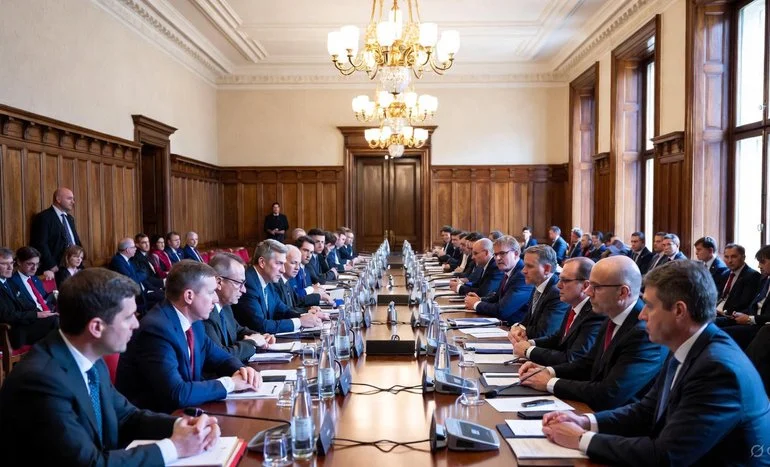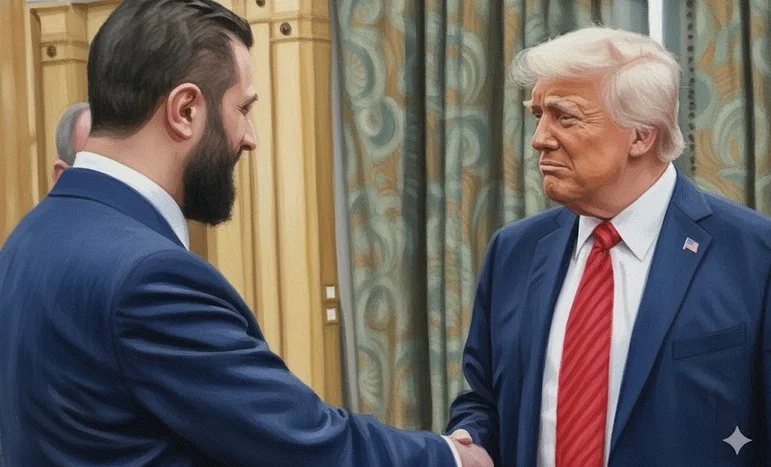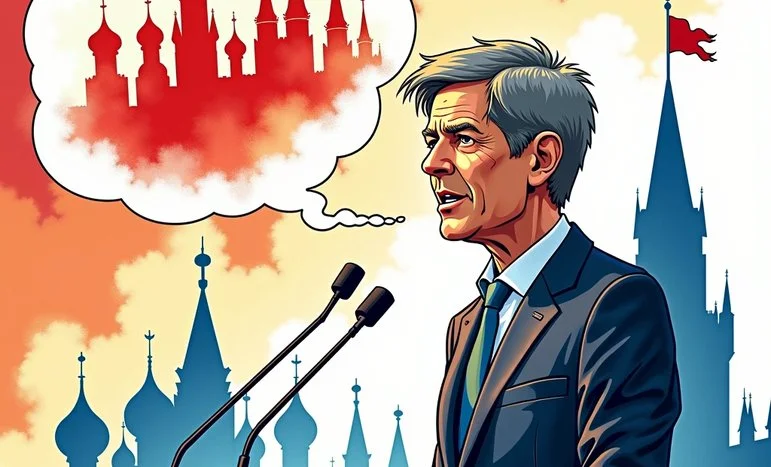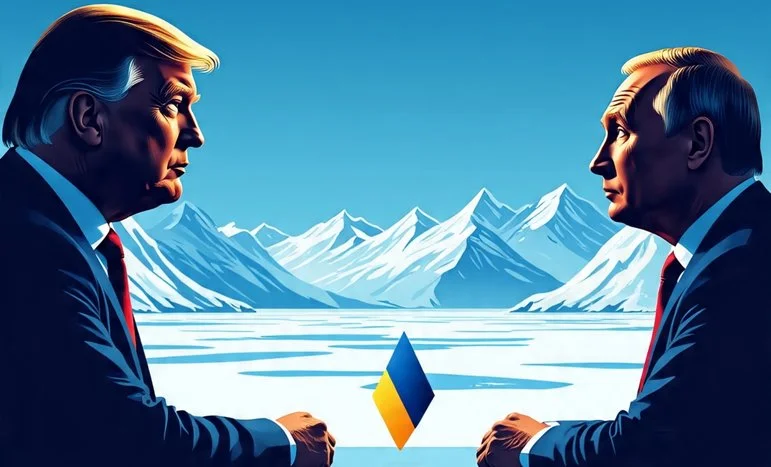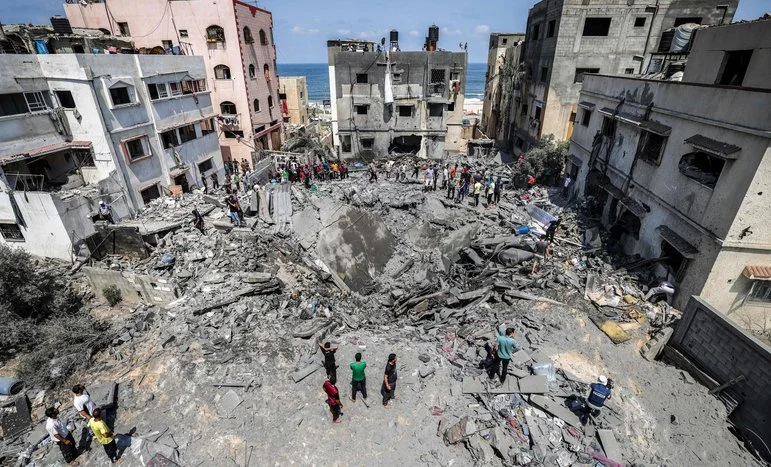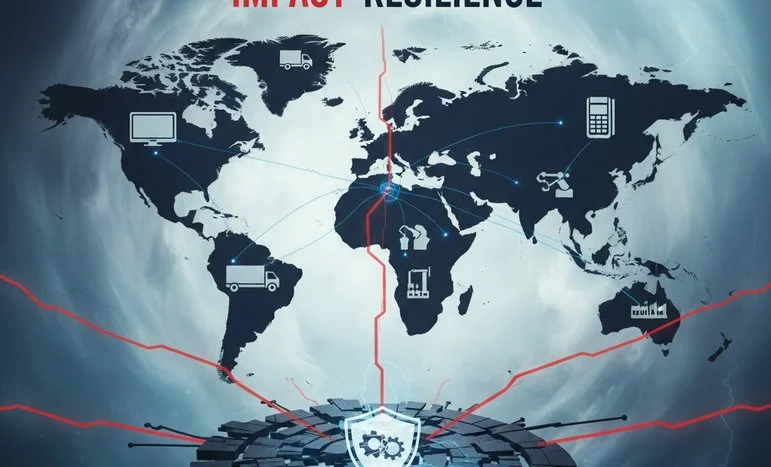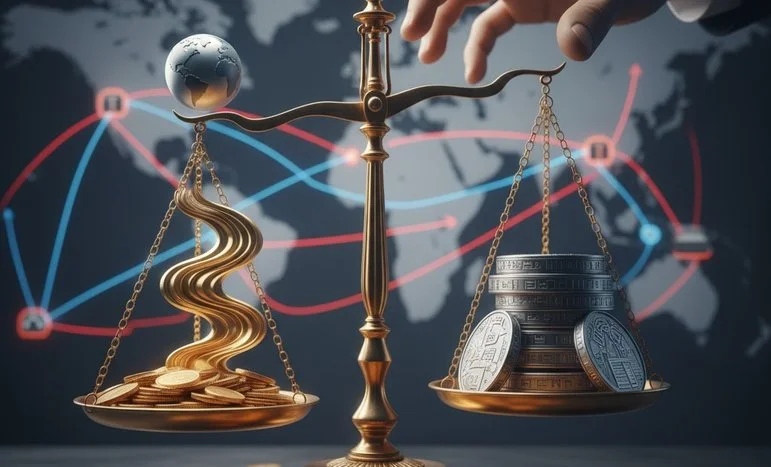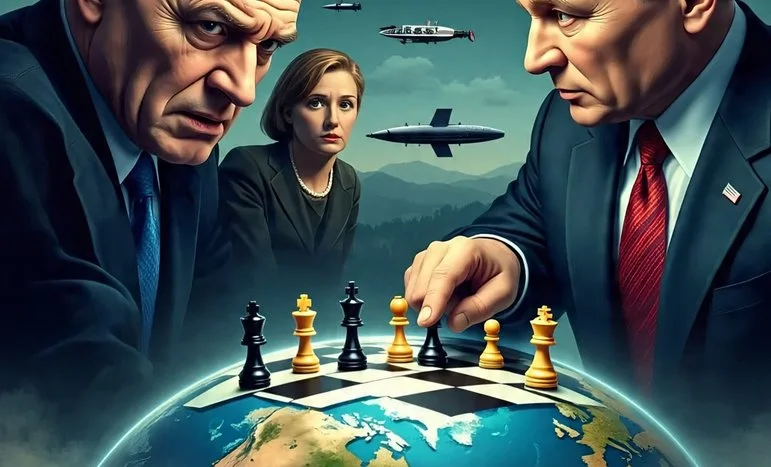
Emotional Diplomacy: When Nations Behave Like People
Emotional Diplomacy: When Nations Behave Like People
In the grand theater of geopolitics, nations often behave less like rational entities and more like impulsive individuals—emotional, contradictory, and dangerously unpredictable. Recent events involving the U.S. and Russia make this alarmingly clear.
🎭 Double Acts on the World Stage
Not long ago, Russia’s former president Dmitry Medvedev made incendiary remarks about the West, threatening escalation and even hinting at nuclear consequences. In response, the United States publicly revealed it had moved two nuclear-powered submarines closer to Russian waters—a clear and deliberate signal of strength.
Yet, almost simultaneously, a U.S. special envoy landed in Moscow for diplomatic talks and was received by President Putin with open arms and smiles.
What are we witnessing? Is this a strategy, or is it sheer emotional incoherence?
🧠 When States Think With Their Feelings
This is a pattern we see repeatedly:
- One arm of a nation rattles sabers, projecting aggression.
- Another extends a hand for diplomacy, claiming pragmatism.
- Citizens, meanwhile, are left confused, anxious, and disillusioned.
It’s as if nations have developed split personalities, or more accurately, they are being steered by competing egos within power centers. What should be rational state behavior gets reduced to personal vendettas, face-saving antics, and media theatrics.
🧸 Nations as Playthings of the Powerful
The truth is chilling: countries have become toys in the hands of a few. While the political elite move pieces on the chessboard, the rest of the population sits in the audience—powerless to influence, helpless to resist.
Consider:
- Military buildups that serve no clear purpose except political signaling.
- Contradictory press statements within days of each other from the same administration.
- Dramatic visits and backdoor diplomacy, all cloaked in secrecy.
In democracies and autocracies alike, foreign policy is increasingly shaped not by national interest but by the psychological impulses of individual leaders—their pride, fear, ambition, or nostalgia.
⚠️ The Real Cost of Emotional Statecraft
This isn’t just theater. These emotional flip-flops have real consequences:
- Global markets tremble with each verbal threat or naval maneuver.
- Common people pay the price—through inflation, disrupted trade, or even war.
- Diplomatic credibility erodes, making future negotiations harder and alliances weaker.
When nations act like individuals, diplomacy becomes drama, not strategy.
🌍 What Can Be Done?
It’s time for citizens—of all countries—to demand transparency, consistency, and accountability in international affairs. The world can’t afford leaders who play war games by day and hold peace talks by night.
- Foreign policy must be institutional, not impulsive.
- Diplomatic coherence must override individual whims.
- Populations must stop being passive audiences.
We are not extras in a geopolitical reality show. The consequences are too real.
The duality of modern diplomacy—where smiles and submarines coexist—exposes a dangerous emotionalism in global affairs. When countries act on impulse, and diplomacy becomes a tool of ego, entire populations are held hostage to the moods of a few powerful individuals.
Until citizens demand better, the circus continues—and we remain the unwilling spectators.
We appreciate that not everyone can afford to pay for Views right now. That’s why we choose to keep our journalism open for everyone. If this is you, please continue to read for free.
But if you can, can we count on your support at this perilous time? Here are three good reasons to make the choice to fund us today.
1. Our quality, investigative journalism is a scrutinising force.
2. We are independent and have no billionaire owner controlling what we do, so your money directly powers our reporting.
3. It doesn’t cost much, and takes less time than it took to read this message.
Choose to support open, independent journalism on a monthly basis. Thank you.
